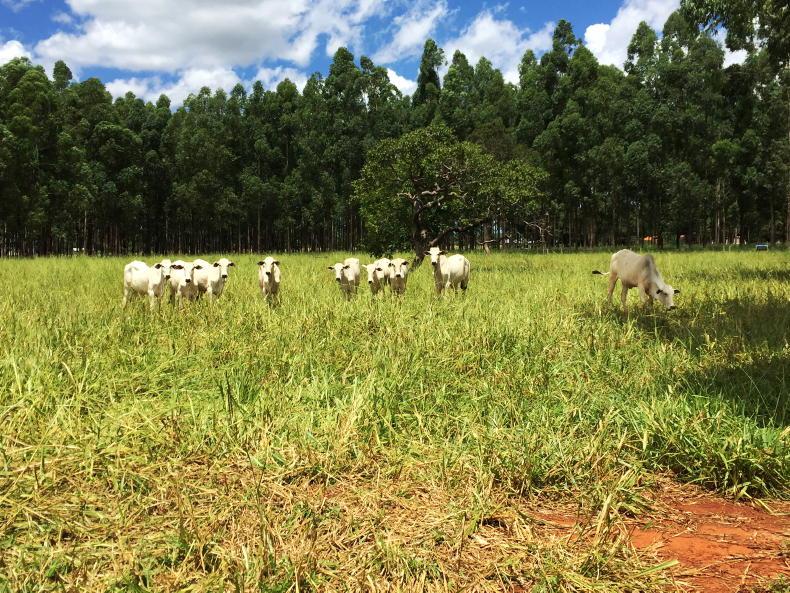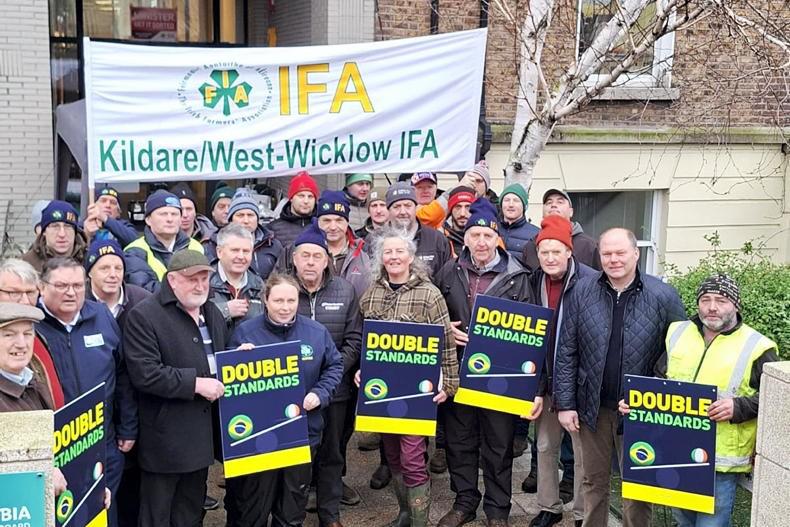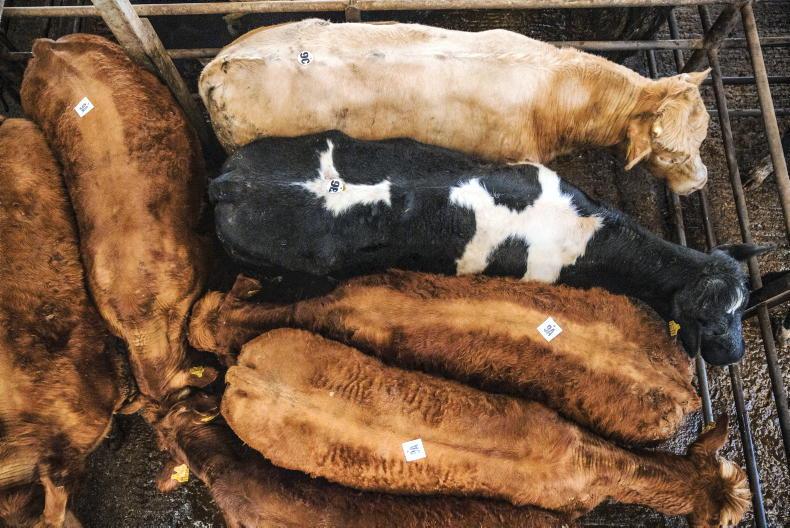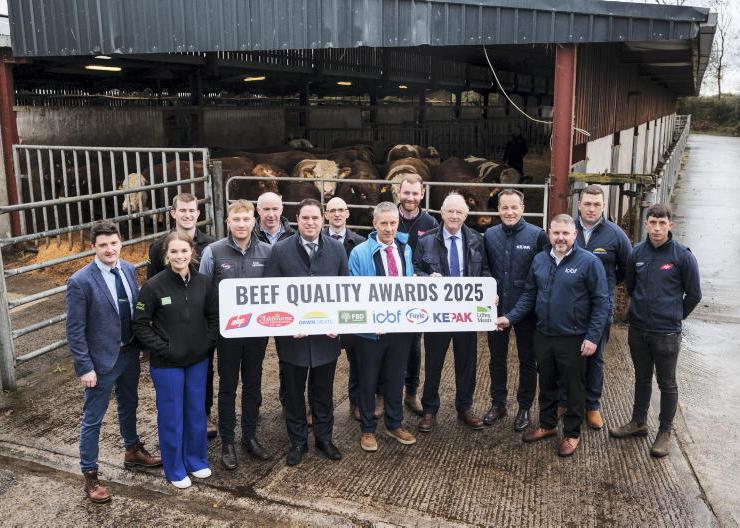Meat Industry Ireland (MII) has called on the European Commission to deploy safeguard measures if there is an escalation of beef volumes from Brazil entering the EU market, following the suspension of Brazilian beef exports to China.
The body representing the factories said Ireland and the EU need to be alert to the threat of diverted Brazilian beef supplies being allowed to flood the EU market.
“Brazil is also the main non-EU supplier of beef into the European market, currently accounting for close to 40% of EU beef imports and shipping close to 100,000t of beef to the EU on an annual basis.
“The European Commission should deploy safeguard measures if there is an escalation of beef volumes from Brazil entering the EU market, otherwise, our EU beef market would be severely undermined,” an MII spokesperson said.
Opportunity
The suspension of beef exports from Brazil to China does present an opportunity for a renewed diplomatic offensive to secure a resumption of Irish beef exports to the Chinese market, MII said.
“Brazil is the main beef supplier to China, representing some 40% of total imports and has shipped 500,000t of beef to that market in the first seven months of this year.
“Any prolonged absence of Brazil from the Chinese market creates opportunity and we need the Irish Government to push again for the reopening of the market for Irish beef.”
Irish beef
The 15-month suspension of Ireland’s beef exports to China is a major loss to the entire beef sector in Ireland, it said, just as sales to this exciting new market were set to ramp up.
“Massive efforts went in to opening the market and then securing approvals for our beef plants. The work on establishing our presence in the market and building relationships with importers has been seriously undermined by our ongoing absence from the market.
“As China beef imports continue to grow, so too does our lost opportunity, as we remain excluded from the market.”
BSE
On Saturday last, Brazil lost access for its beef exports to the lucrative Chinese market after two atypical cases of BSE were confirmed at two factories in the south American country.
An immediate suspension came into effect. Both cases of BSE were in older cows.









SHARING OPTIONS